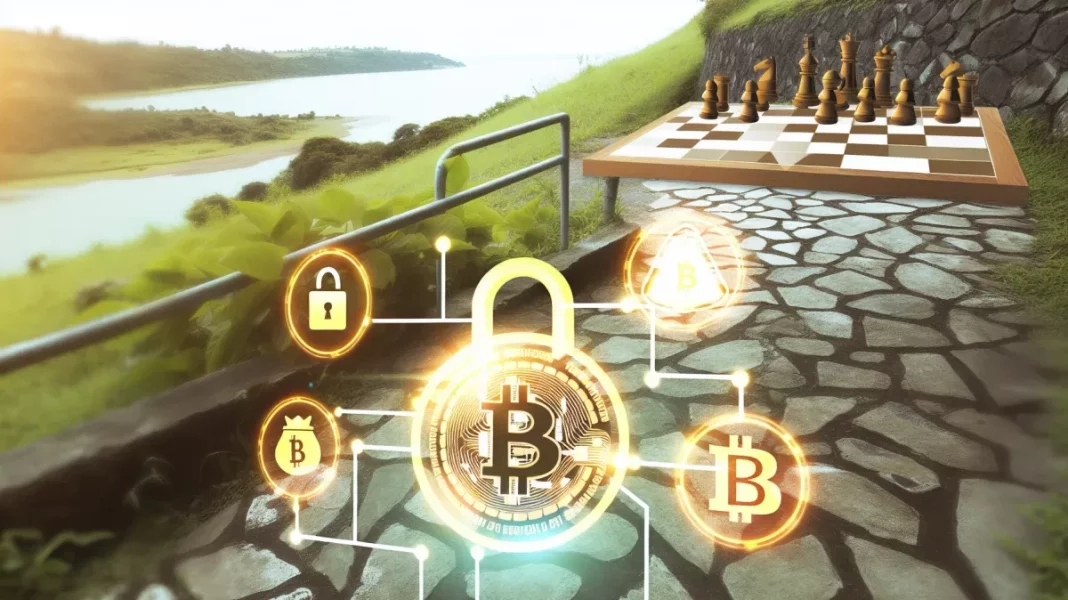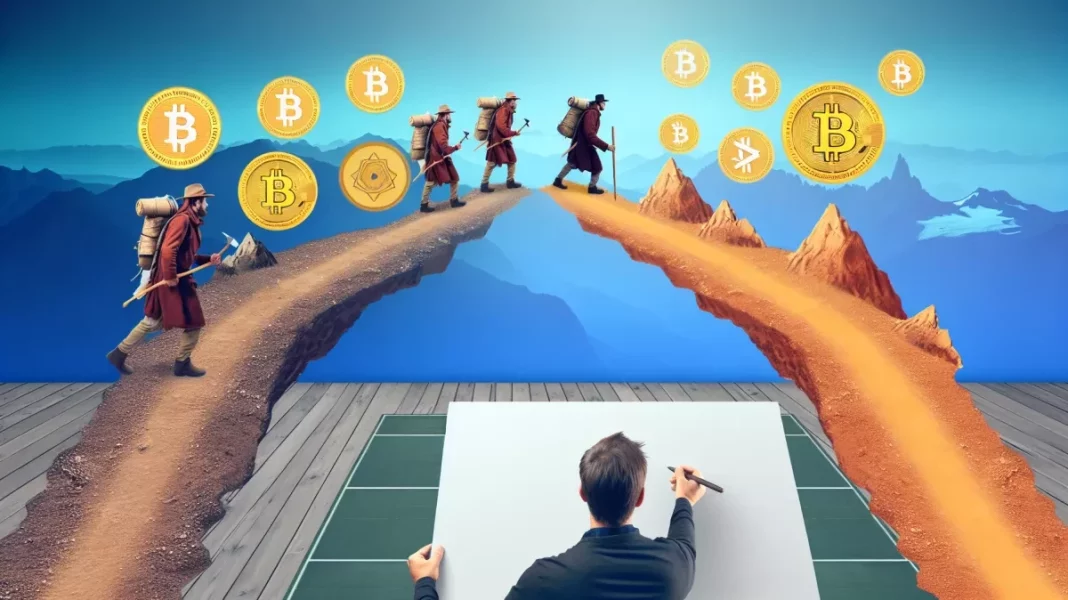In a digital era where the lines between virtual finance and entertainment increasingly blur, Bitcoin has emerged as a formidable force in the realm of mobile gaming. Aided by its decentralized nature, this cryptocurrency has revolutionized the gaming industry, offering a new level of autonomy, security, and accessibility to players and developers alike.
The advent of Bitcoin has infused the mobile gaming sector with a fresh, innovative spirit, reshaping the economic landscape of the industry. From in-game purchases to international transactions, Bitcoin provides a seamless and efficient payment mechanism, sidestepping the traditional financial infrastructures that often impose hefty fees and protracted processing times.
Mobile gaming, a behemoth in the entertainment industry, has been particularly receptive to Bitcoin’s advantages. Players across the globe, in the comfort of their palm-held devices, are now able to engage in peer-to-peer transactions, exchanging value in the form of Bitcoin with unprecedented ease. This level of freedom has not only expedited the pace at which players transact but has also encouraged the democratization of in-game economies.
Developers, on the other hand, have found a haven in Bitcoin to expand their creative horizons. The integration of Bitcoin has allowed for the conception of novel gaming genres where cryptocurrency isn’t merely an alternative form of currency but a fundamental gameplay mechanic. The ‘play-to-earn’ model, a nascent trend in mobile gaming, owes its success to Bitcoin and blockchain technology. Through this model, players garner actual financial rewards in the form of Bitcoin or other cryptocurrencies, thereby adding tangible economic value to their recreational time.
The security aspect of Bitcoin cannot be overstated when discussing its impact on mobile gaming. The blockchain, the underlying technology behind Bitcoin, provides an immutable ledger of transactions. This characteristic ensures an environment in which players can transact without the fear of fraud or unauthorized chargebacks — a persistent concern in traditional online and mobile gaming platforms.
Furthermore, Bitcoin transcends geographical barriers, enabling gamers from all parts of the world to connect and trade within the gaming ecosystem without the need to worry about exchange rates and international transaction approval from banks. This inclusivity has expanded the mobile gaming market, giving rise to a truly global gaming community and opening up avenues for cross-border collaborations and tournaments.
One of the most undeniable impacts of Bitcoin on mobile gaming is the attraction of a new demographic of users. Tech-savvy and privacy-conscious players are drawn towards platforms that offer Bitcoin transactions, primarily due to the anonymity provided by the cryptocurrency. Unlike credit card transactions, Bitcoin transactions do not necessitate the disclosure of personal information, thereby reducing the risk of identity theft and providing peace of mind to players.
Developers and businesses within the mobile gaming industry have also capitalized on Bitcoin’s non-repudiation. Once a transaction is made, it cannot be reversed unless agreed upon by the receiving party. This feature eradicates the common issue of chargebacks that developers face, ensuring they retain their earnings and reduce potential losses from fraud.
Moreover, Bitcoin’s programmable nature has empowered developers to automate transactions and create smart contracts, further enabling a trustless ecosystem where agreements are self-executing and verifiable across the network. The decentralization of authority and control, a tenet at the core of Bitcoin’s philosophy, aligns perfectly with this generation’s gravitation towards democratic, player-driven gaming experiences.
Despite its myriad benefits, the integration of Bitcoin into mobile gaming is not without its challenges. The volatility of Bitcoin’s value poses a risk to both players and developers, as the fluctuation in price can affect the perceived cost of in-game assets and the real-world value of earnings from ‘play-to-earn’ games. Likewise, regulatory scrutiny around cryptocurrency and its use in gaming is ever-evolving, compelling industry stakeholders to navigate a complex web of legal considerations.
In conclusion, the impact of Bitcoin on the mobile gaming industry marks a significant evolution of digital entertainment and online transactions. It offers new opportunities for seamless, secure, and inclusive gaming experiences. While challenges remain, the synergy between Bitcoin and mobile gaming continues to grow stronger, propelled by innovative applications and an increasing acceptance of digital currencies across the globe. The long-term effects of this convergence may very well redefine the way we perceive currency, entertainment, and the intersection of both in the years to come.
As we witness the burgeoning relationship between Bitcoin and mobile gaming unfold, it is clear that this is just the beginning of a transformative journey. Both sectors stand at the precipice of a new digital frontier, one that promises to unlock unprecedented potential and guide us into a future where finance and fun coalesce into an indistinguishable whole.



